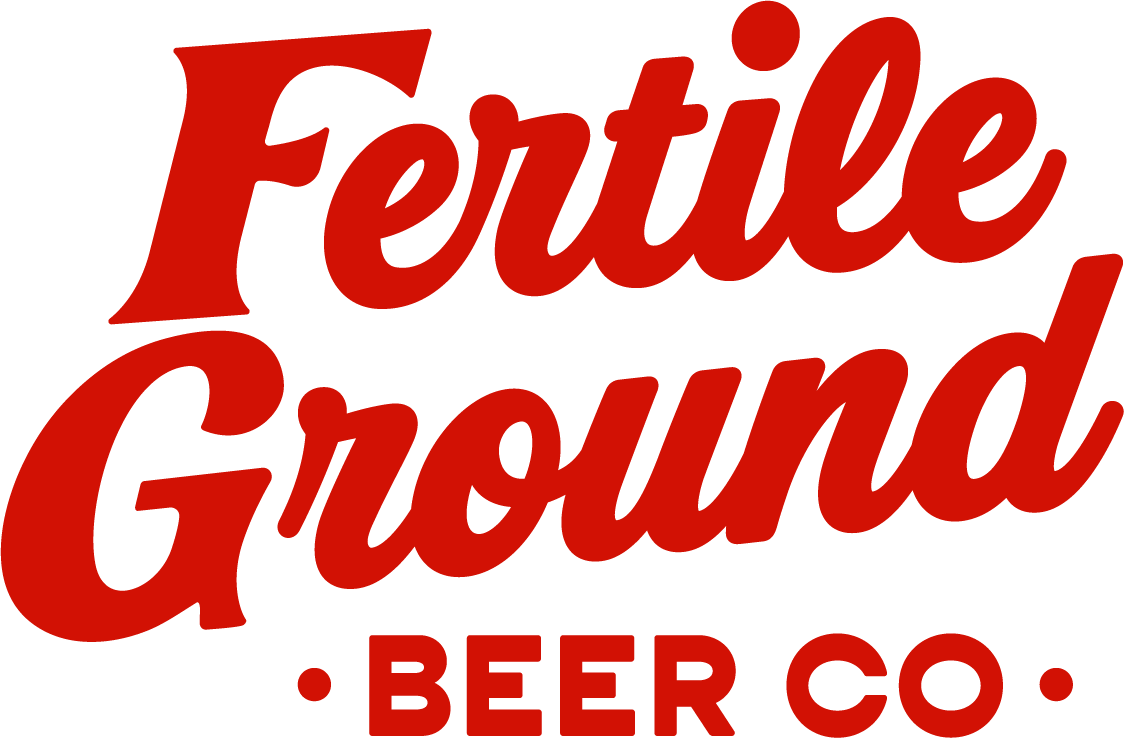Beer and the First Thanksgiving: Exploring Early American Brewing Traditions
The First Thanksgiving in 1621, held by the Pilgrims at Plymouth Colony, Massachusetts, is a cornerstone of American history and a celebration of harvest, unity, and cultural exchange between the Pilgrims and Native American tribes. While the historical accounts primarily mention wine and cider as beverages served during the feast, the broader context of early American brewing traditions sheds light on the role of beer in colonial life and its significance during this pivotal event.
Colonial Brewing Traditions
In the early 17th century, beer was a fundamental beverage in European culture, brought to the New World by English settlers aboard the Mayflower. Brewing techniques varied from region to region, but the basic process involved malted barley, hops, water, and yeast, with additional grains like corn or wheat used depending on availability. The resulting beer was essential for hydration, nutrition, and communal gatherings.
Beer at Plymouth Colony
Historical records indicate that the Pilgrims brought supplies for brewing beer on the Mayflower, recognizing its importance for sustenance in the New World. Beer served as a safer alternative to water, which could be contaminated, and provided essential calories and nutrients in the harsh conditions of early colonial life.
Role of Beer at the First Thanksgiving
While specific details about the beverages consumed at the First Thanksgiving are limited, it is plausible that beer was part of the feast alongside other beverages like wine and cider. Beer would have been brewed locally at Plymouth Colony or imported from England, serving as a staple beverage that complemented the diverse foods shared between the Pilgrims and Wampanoag tribes.
Colonial Brewing Techniques
Brewing beer in colonial America relied on traditional English methods adapted to local resources and conditions. Breweries were established in colonial towns, producing ales and small beers (lower alcohol content) that catered to everyday consumption. Ingredients such as hops and barley were cultivated locally or imported, with brewing knowledge passed down through generations or acquired from European settlers.
Cultural Exchange and Legacy
The First Thanksgiving symbolizes a moment of cultural exchange and collaboration between the Pilgrims and Native American tribes, highlighting the importance of food and drink in fostering relationships and unity. Beer, as a communal beverage, played a role in these early interactions, reflecting its cultural significance and role in everyday life.
Modern Reflection and Celebration
Today, the legacy of beer at the First Thanksgiving inspires brewers and historians alike to explore early American brewing traditions and their impact on colonial society. Craft breweries occasionally produce historical recreations of colonial-era beers, honoring the traditions of early settlers and offering insights into the flavors and brewing techniques of the past.
Conclusion
Beer's presence at the First Thanksgiving offers a glimpse into early American brewing traditions and their integral role in colonial life. As we reflect on this historic event, we recognize beer as more than a beverage, it is a symbol of resilience, cultural exchange, and the enduring traditions that shape American history.
The First Thanksgiving continues to inspire appreciation for the importance of food, drink, and community in our shared heritage, reminding us of the foundational role that beer played in early colonial settlements and the cultural tapestry of the United States.
